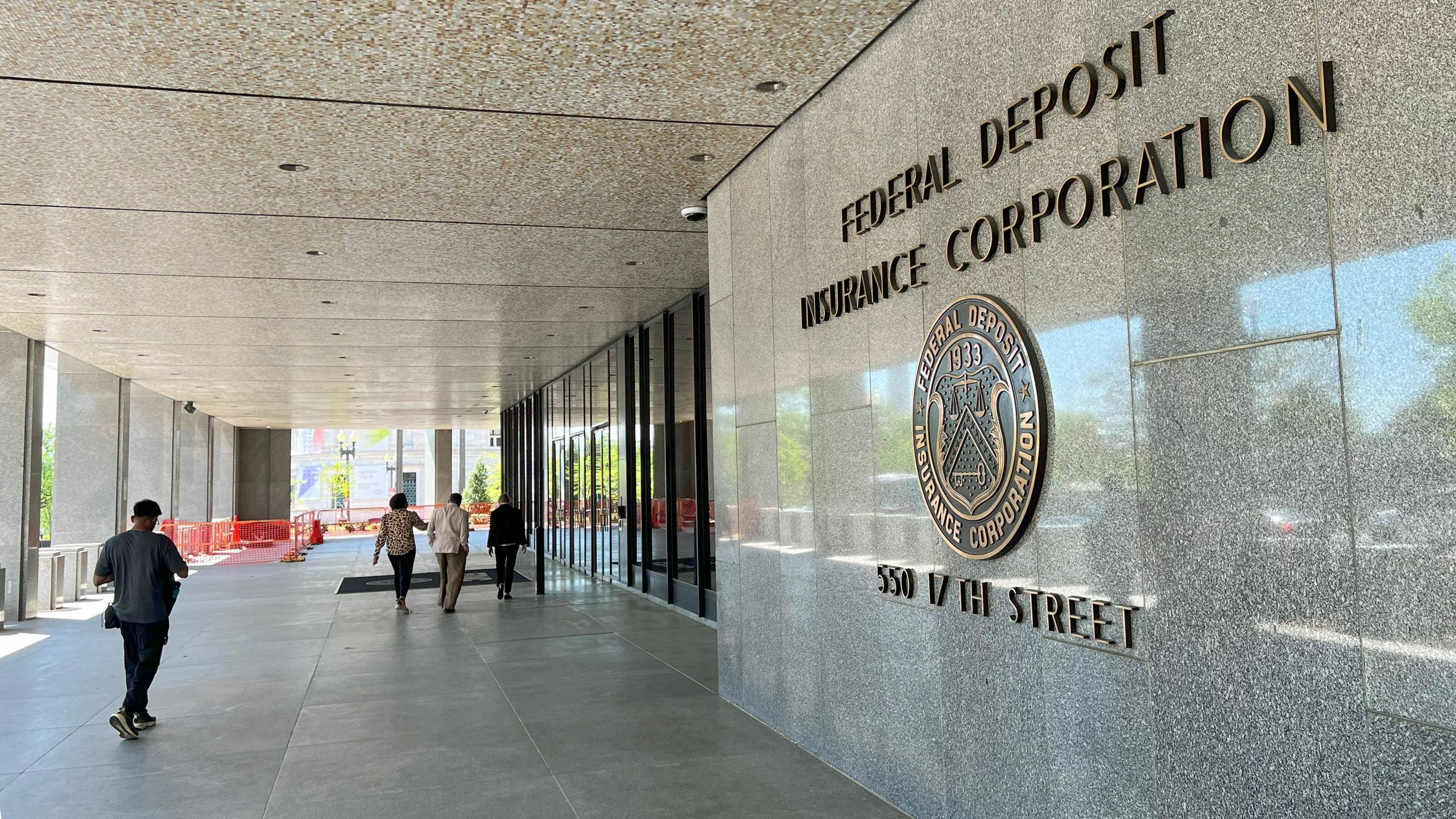The Federal Deposit Insurance Corp. is changing its policy regarding banks engaging in crypto activities. Previously, banks were required to obtain prior approval before participating in crypto-related ventures. This requirement, established in 2022, effectively cut off institutions from the digital assets sector as they awaited approvals that never materialized.
The FDIC, which oversees thousands of smaller banks and serves as the industry’s government backstop, played a significant role in the crypto debanking issue. A legal battle with crypto platform Coinbase revealed numerous letters exchanged between the regulator and supervised banks. In these communications from 2022, the FDIC instructed banks to avoid new crypto activities until policies were established. However, no policies were developed, leaving banks in limbo.
The recent guidance issued by the FDIC follows President Donald Trump’s appointment of crypto-friendly leadership to financial regulatory bodies. The administration has been directed to support the crypto industry.
FDIC Acting Chairman Travis Hill stated, “With today’s action, the FDIC is turning the page on the flawed approach of the past three years. I expect this to be one of several steps the FDIC will take to outline a new approach for banks to engage in crypto- and blockchain-related activities while maintaining safety and soundness standards.”
Read More: Trump’s FDIC Chief Rethinks Crypto Guidance as U.S. Senators Probe Debanking
Banks are no longer required to seek pre-approvals for crypto activities, as long as they assess risks appropriately.
The White House’s director of the council of digital assets advisers, Bo Hines, praised the FDIC’s decision in a social media post, describing it as a “huge step forward.”
The requirement for pre-approvals was a common stance among all three U.S. banking agencies, including the Federal Reserve and the Office of the Comptroller of the Currency. The OCC recently rescinded its 2022 guidance, aligning with the changing landscape of the digital assets sector that faced challenges like failure and fraud, with global exchange FTX encountering difficulties.
Read More: OCC Says Banks Can Engage in Crypto Custody and Certain Stablecoin Activities
UPDATE (March 28, 2025, 18:42 UTC): Adds comment from a White House official.










